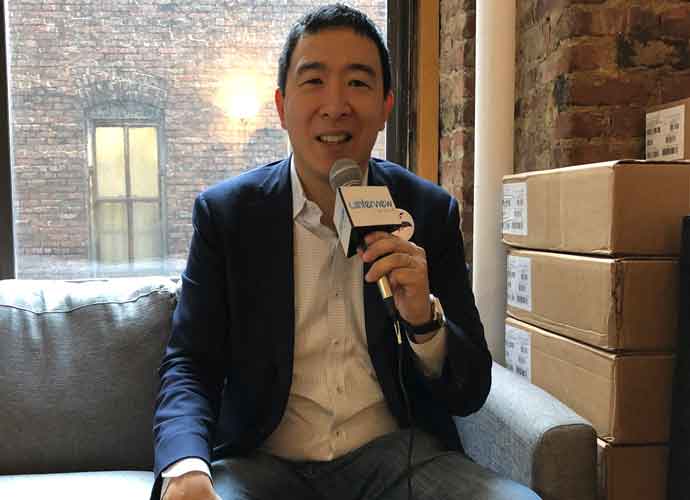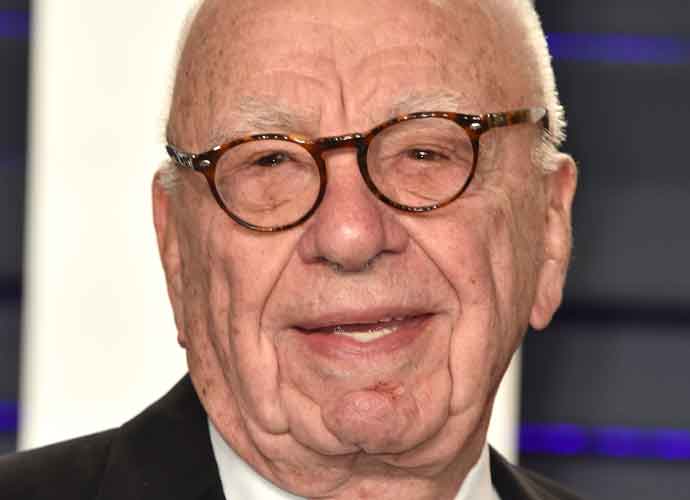VIDEO EXCLUSIVE: 2020 Democratic Presidential Candidate Andrew Yang Explains Universal Basic Income
Andrew Yang, a 2020 Democratic presidential candidate, may not be the biggest name in the race for the 2020 Democratic presidential nomination, but he may have the biggest ideas.
The 44-year-old entrepreneur from New York, who founded an economic development nonprofit called Venture for America, is one of the youngest 2020 contenders thus far. Yang’s signature issue for his campaign is the idea of a $1,000 monthly “universal basic income” (UBI) for all Americans, which he calls the “Freedom Dividend.”
Yang sat down with uPolitics exclusively to discuss this concept and other ideas in his 2020 platform. uPolitics will be rolling out 15 issue-oriented videos with Yang – and every other major hopeful for the Democratic nomination in the next few months – so people can hear directly from the candidates themselves on the most pressing issues facing America and make an informed decision at the polls next year.
“Universal basic income, which I’ve rebranded [as] the ‘freedom dividend,’ is a policy where every citizen in a country gets a certain amount of money to meet their basic needs, no questions asked,” Yang explained. “So my plan is that every American adult would receive $1,000 a month every month free and clear to pay your bills, take care of your family, start a new business or go back to school.”
Yang conceded that this prospect may likely seem “too good to be true” to many people, but explained the long history behind the proposal and why he considers it to be a “right of citizenship.”
SLIDESHOW: DONALD TRUMP’S 30 CRAZIEST TWEETS
“If you look at our nation’s history, Thomas Payne was for [universal basic income] at the founding of the country, decades later Martin Luther King was for it,” said Yang. “It passed the House of Representatives twice under Richard Nixon of all people in 1971.”
He continued: “And a dividend has been law in one state, Alaska, for 37 years where everyone in that state now gets between $1,000 and $2,000 a year.”
Yang noted that the dividend has helped create thousands of new jobs in Alaska, reduced income inequality and improved children’s health and nutrition in the highly conservative state.
Yang has also said he is concerned about the long-term effects automation can have on the U.S. economy, specifically on employment in industries like retail, accounting and radiology. He will address that issue in a future video.
You can follow Andrew Yang on Twitter and Facebook to learn even more about his positions.
Get the most-revealing celebrity conversations with the uInterview podcast!





 Click here for the 10 Most Powerful Political Couples Slideshow
Click here for the 10 Most Powerful Political Couples Slideshow


Leave a comment